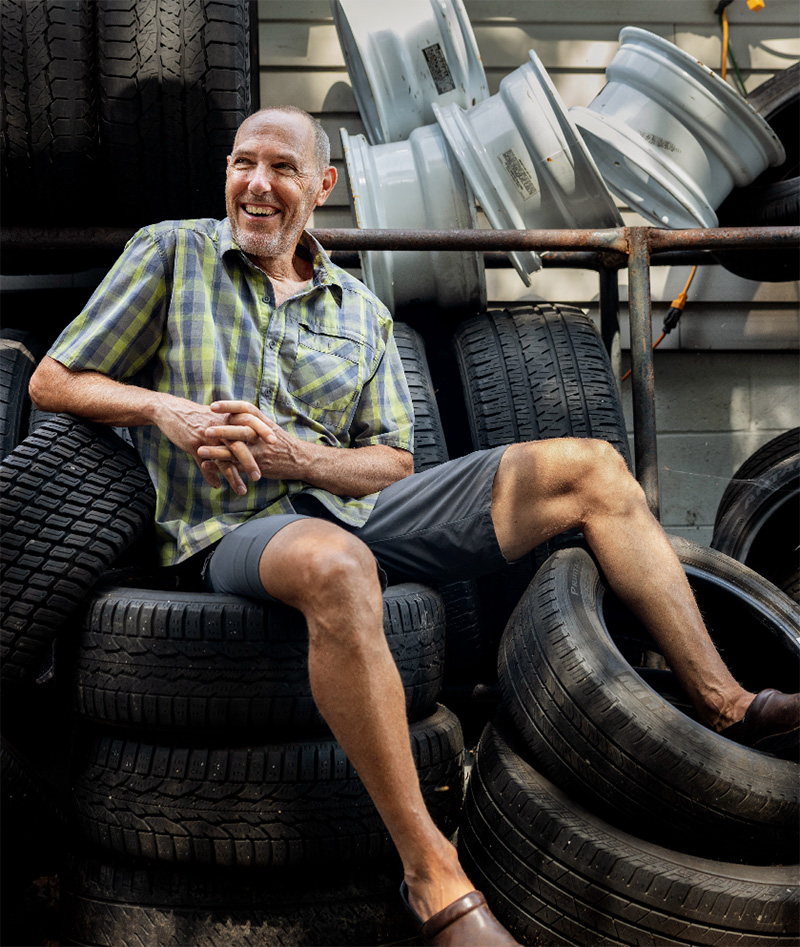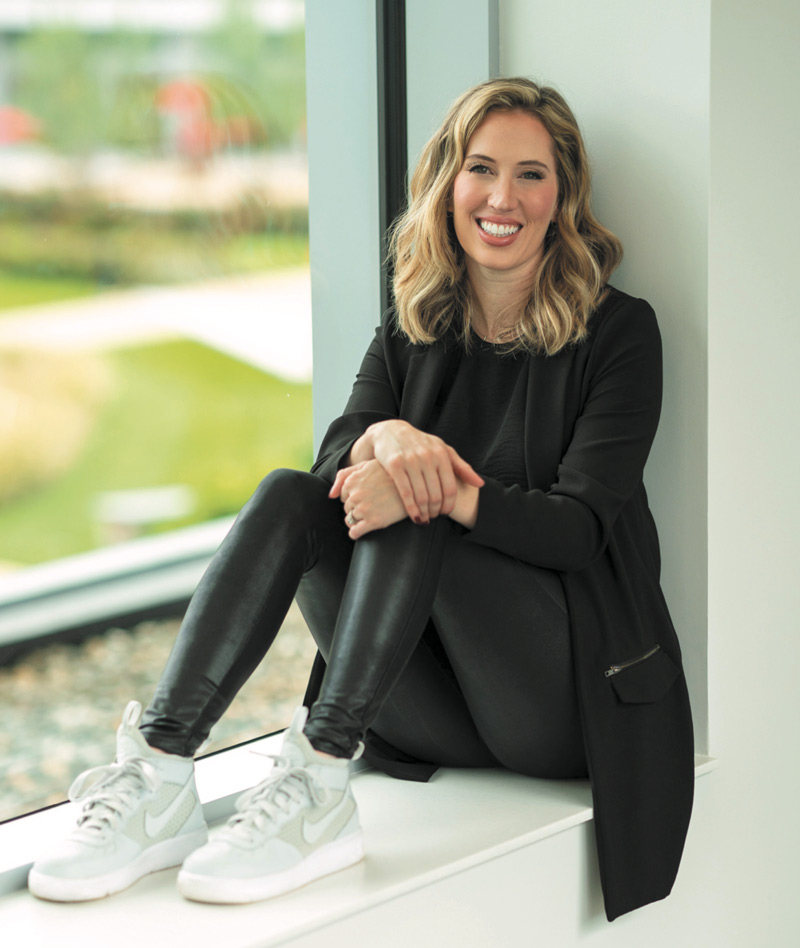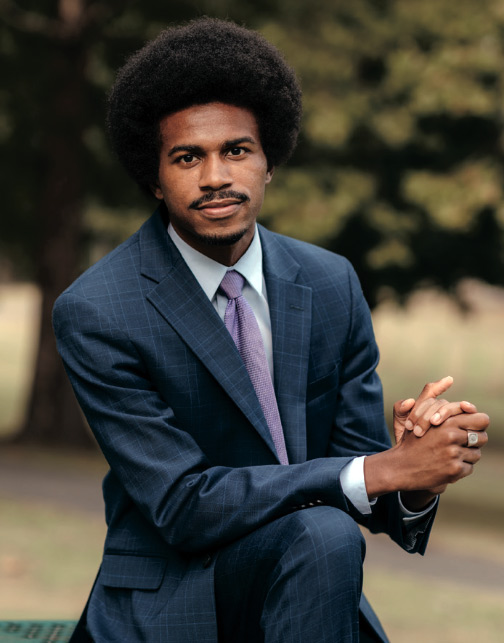Driving Change
By Ken Anderson ’68 for Bowdoin MagazineAs the founding executive director of Second Chance Cars in Massachusetts, Dan Holin ’87 is making it easier for people financially struggling to get to work by awarding them affordable cars.

How do you determine who needs a car and which car they’ll receive?
We have guidelines for income that can’t be exceeded, and we partner with about fifteen organizations, including three veterans’ affairs offices, the US courts, and a host of nonprofits who make determinations based on training we provide.
We receive an average of just under ten cars a month from donors. We also just established a partnership with Village Automotive Group, which is starting to give us cars. But not every car is appropriate for low-income ownership, so cars that are more expensive to own we sell on the retail market to subsidize the smaller, frugal, reliable cars like a Honda Civic or Toyota Prius.
Where did you get the idea for starting Second Chance Cars?
A few years ago, I was in my mid-to-late fifties and wondering what to do “with the rest of my life.” At that age, you come to the profound realization that you’re not going to live forever, and if you want to do something that will either make you rich or happy, or both, now is the time.
I went to my neighbor, who is not a Bowdoin alumnus but still a great guy, and we created a Venn diagram that included cars, entrepreneurship, and social justice. Once we got that Venn diagram going, I went and looked around for models for organizations that feature all those ingredients that I wanted. I found one in Maryland called Vehicles for Change, and now their CEO is on my advisory board.
How do you prepare the cars for recipients?
We work with ten vocational schools to refurbish them. These schools need to teach their students how to fix cars and to engage them in the community in hopefully meaningful ways, and we do both those things for them, so it’s a win-win for both of us. We award cars at the school, so the students get to see the fruits of their good work and meet and learn about the journeys of the people that they’re helping, be it veterans or single moms or refugees.
In terms of the cost, each car is worth between $5,000 and $6,000 but only costs the new owner $900. We secure a zero-interest loan for them, regardless of their credit, which gives them a chance to rebuild what can sometimes be a very poor credit score. They leave with the car, and once they pay back the loan, the car is in their name.
What’s the impact?
We interview each recipient twice over the course of the year. For example, in 2022, we had a 99.3 percent average increase in annual income, which amounted to $20,000, so people went from $21,000 a year income to $41,000 a year, and there was almost a 50 percent average increase in hours worked, from 28 hours to 42 hours, and a little over a 50 percent decrease in commute time. There was a study by a university that begins with H that found that the longer your commute time, the less likely you are to climb out of poverty.
You were in the Israeli army before starting at Bowdoin. How did that shape your experience?
I had an amazing experience, both academically and socially at Bowdoin, but I can tell you without a doubt that my experience was profoundly better than it would have been had I gone before I went into the army. War makes you mature fast, and it allowed me to take my academics more seriously, and to really appreciate the experience.
Dan Holin ’87 worked for the Jericho Road Project, The Leadership Connection, and UTEC before combining his passions to start Second Chance Cars.
Ken Anderson ’68 was an actuary for fifty-three years before selling his business. He is now pursuing a dream ignited at Bowdoin to write a column like Russell Baker.

This story first appeared in the Fall 2023 issue of Bowdoin Magazine. Manage your subscription and see other stories from the magazine on the Bowdoin Magazine website.



